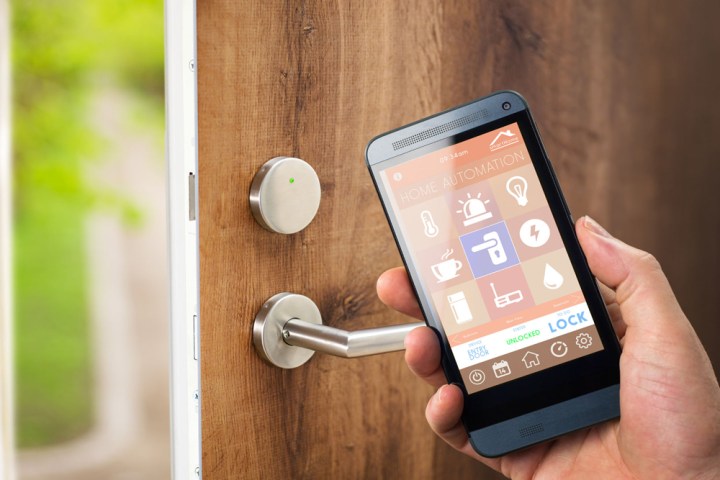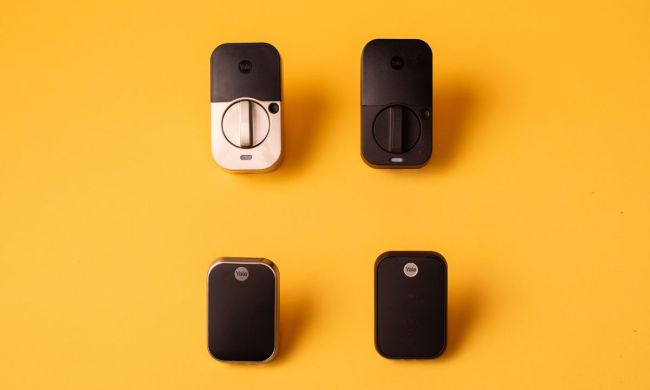
While attending the DEF CON conference last week, electrical engineer and smart home researcher Anthony Rose took to the task of testing 16 different Bluetooth smart locks. Along with research partner Ben Ramsey, the duo found that 12 of the reviewed locks featured at least some amount of wireless access when attacked. Furthermore, Rose and Ramsey say that the difficulty of successfully hacking each product was various, as some proved to be rather easy to access while others boasted a slightly harder barrier for entry.

“We figured we’d find vulnerabilities in Bluetooth Low Energy locks, then contact the vendors,” Rose told Tom’s Guide. “It turned out that the vendors don’t really care. We contacted 12 vendors. One one responded, and they said, ‘We know it’s a problem, but we’re not gonna fix it.'”
Obviously, a statement of that nature is particularly troubling, though it’s the actual vulnerabilities Rose and Ramsey found that are especially damning to the companies involved. Of the 12 locks boasting security holes, four of them willingly sent a user’s password — in plain text — to a smartphone, meaning someone who knows their way around a Bluetooth sniffer wouldn’t have to struggle much to obtain a critical password. Additionally, Rose and Ramsey reported that Quicklock’s Doorlock and Padlock models even offered to send the password multiple times, allowing them to change the password and effectively cut off access to the original owner.
“Vendors prioritize physical robustness over wireless security,” Rose added. “Our recommendation to anyone who owns one of these smart locks is to turn off Bluetooth on the smartphone when it’s not in use.”
Though a few of the manufacturers with hacked locks claim they encrypt a user’s password when it’s transmitted via Bluetooth, Rose and Ramsey still reported having the ability to swipe the password out of thin air before sending it back to the lock itself. By doing this, the smart lock would then unlock itself without the original owner knowing or either of the researchers needing to decrypt and encrypted password.
So who passed the test? According to the pair of researchers, models released by August and Kwikset boasted enough security — i.e., no hard-coded passwords, proper encryption, and two-factor authentication — to pass as somewhat secure. It is worth noting that a different researcher at DEF CON claims to have hacked the August Smart Lock so, take Rose and Ramsey’s pseudo-seal of approval with a grain of salt.


